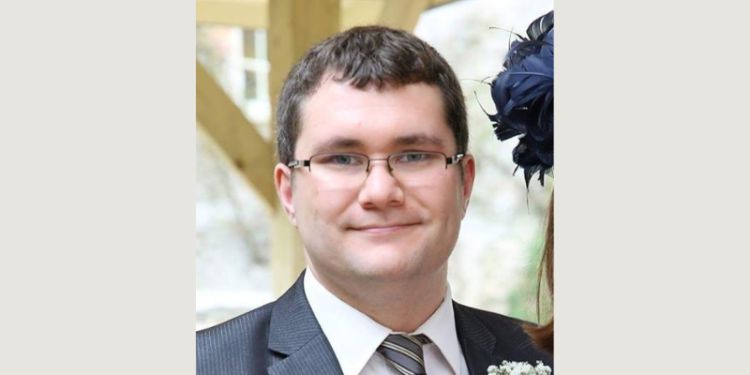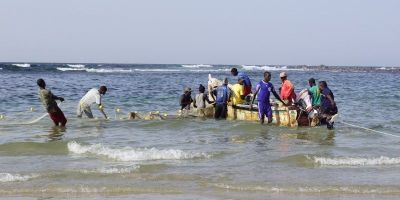Dr Richard Pope receives prestigious knowledge exchange fellowship

He is one of ten innovators who have been awarded a total of £1.5 million through the Natural Environment Research Council (NERC) knowledge exchange (KE) fellowships.
The KE fellowships are designed to enable the sharing, flow and translation of knowledge and expertise between NERC-remit researchers and the research sector, businesses, policymakers and the public.
Fellows are awarded up to three years support, enabling them to develop their skills and to deliver an impact that can be felt across society and the economy.
Air pollution innovation
Dr Richard Pope from the School of Earth and Environment has received the fellowship to support his project: “Air-pollution innovation in regional-forecasts utilising operational satellite applications and technologies (AIRSAT).”
Dr Pope investigates regional and global air pollution, such as the impacts of wildfires, biomass burning and aerosols on air quality. He uses innovative technology, Earth Observation data and atmospheric chemistry modelling in his research.
Dr Pope said:
"I'm looking forward to working with partners of my Knowledge Exchange Fellowship (AIRSAT) to help exploit novel applications of satellite data to improve the Met Office's air quality forecasts.
“This NERC funding scheme represents an excellent opportunity for me to work with organisations and stakeholders I would not normally do so within my academic research."
Delivering new knowledge and impactful research
Professor Susan Waldron, Director for Research and Skills at NERC, said:
I am delighted that NERC is able to support this new cohort of innovators through our knowledge exchange fellowships, helping them to develop their skills and giving them the freedom to explore their innovative ideas.
“To enhance the impact and drive forward environmental research we must exchange expertise and knowledge. The fellows announced today will have the opportunity to collaborate with peers across the UK to deliver new knowledge and impactful research that will benefit society and the economy.”




